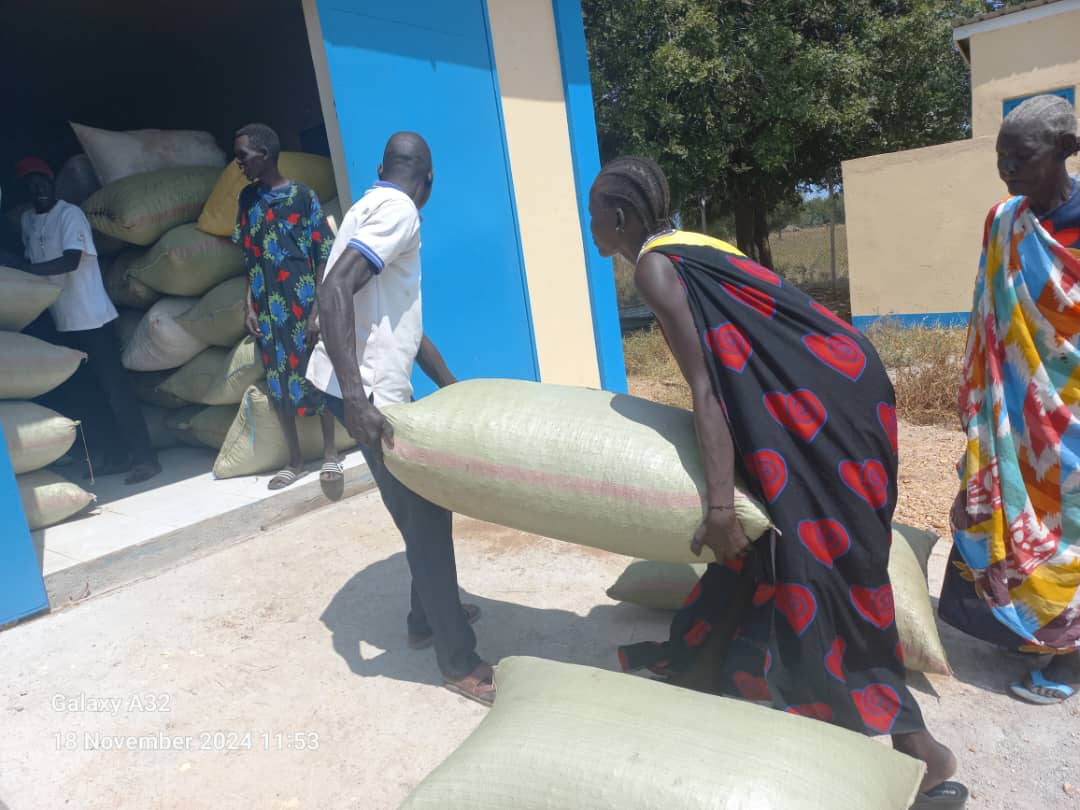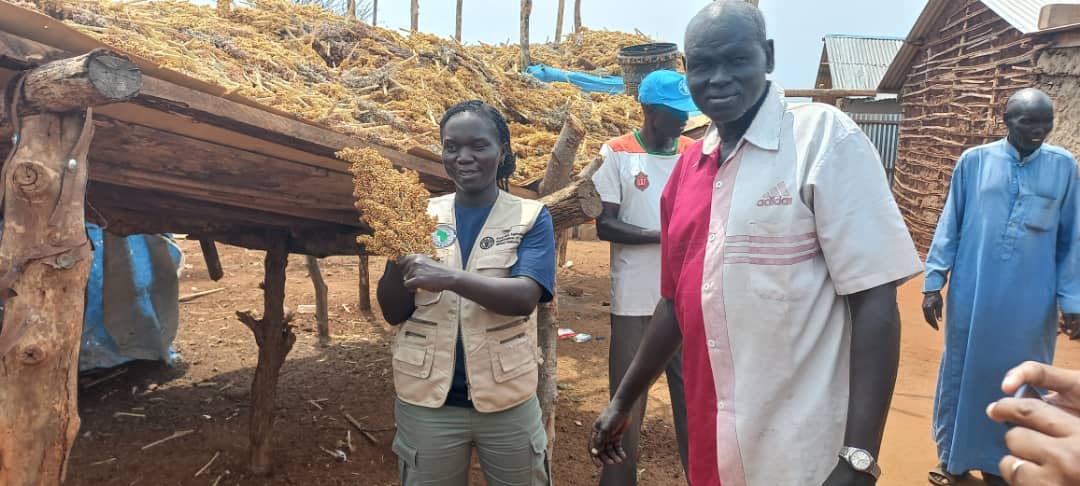
Empowering Cooperatives in
South Sudan
Streamlining Registration and Management for Sustainable Growth
Easy Registration
Simplifying the process of cooperative registration for citizens and enumerators
Status Tracking
Real-time updates on application progress, from submission to approval

Guiding Principles That Drive Us Forward
The Co-operative Vision
"To promote an autonomous and economically viable enterprise based on co-operative principles and values that can enhance social integration and uplift the standards of living of their members"
The Co-operative Mission
"To serve their members equitably, efficiently and empower them economically"
Co-operative Principles
"The statement of co-operative identity"
Co-operatives principles are guidelines to which co-operative societies put their values into practice. There are seven internationally accepted co-operative principles.
Voluntary and Open Membership
Co-operatives are voluntary organizations, open to all persons able to use their services and willing to accept the responsibilities of membership.
Democratic Member Control
Co-operatives are democratic organizations controlled by their members, who actively participate in setting policies and making decisions.
Member Economic Participation
Members contribute equitably to, and democratically control, the capital of their co-operative.
Autonomy and Independence
Co-operatives are autonomous, self-help organizations controlled by their members.
Education, Training and Information
Co-operatives provide education and training for their members, representatives, managers, and employees.
Co-operation Among Co-operatives
Co-operatives serve their members most effectively and strengthen the co-operative movement by working together.
Concern for Community
Co-operatives work for the sustainable development of their communities through policies approved by their members.

Advantages of Co-operatives
Emphasis on Self-Help
- As the basis of people's growth and development
- Promotion of self-reliance
Schools of Leadership
- Development of experienced leaders
- Provision of basic training in democracy at community level
Ideal Organizational Structure
- Government or donor financing of community projects
- People-driven approach that encourages equitable resource allocation
- Administration of both commercial and agricultural credit to the people
- Rural development focus, serving the 83% of South Sudan's population in rural areas
Registration of Co-operatives
Follow these steps to register your co-operative society
Identify Group Members
Identify a group of people with common economic objectives and aspirations.
Conduct Informational Meetings
Hold meetings to explain co-operative concepts, principles, and types.
Elect Officers
Elect 20 promoters and four office bearers from among the members.
Decide Co-operative Type
Decide which type of co-operative society you want to form.
Prepare Documentation
Discuss and prepare by-laws and economic appraisal documents.
Submit for Registration
Send documents to the registrar for official registration.
Hold First General Meeting
Once registered, hold your first general meeting within one month.
Types of Co-operatives
Co-operative societies can be formed in all sectors of the economy in South Sudan:
Agricultural Produce & Marketing
Other Sectors
Savings and Credit Co-operatives
Employer Based
Producer Based
Co-operative Values
The foundation of our co-operative community
Self-help
Reduced dependency on outside entities, encouraging members to develop their own capacities.
Self-responsibility
Each member has a role and responsibility in the cooperative's success.
Democracy
One member, one vote - ensuring equal participation in decision-making.
Equality
All members have equal rights and are respected as equals regardless of background.
Equity
Members receive dividends as per the shares bought or transactions done.
Solidarity
All members cooperate and work together as one for the benefit of all.